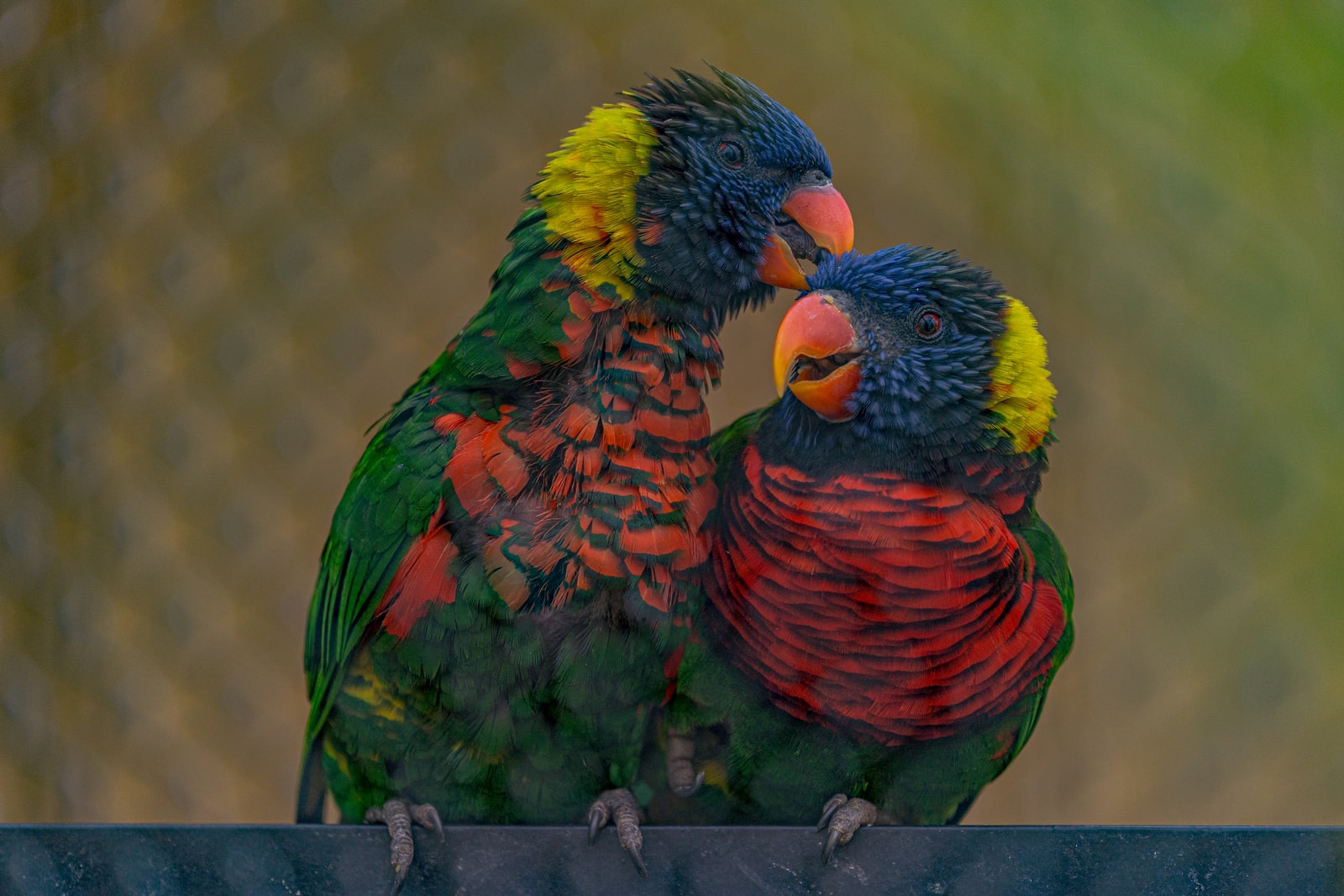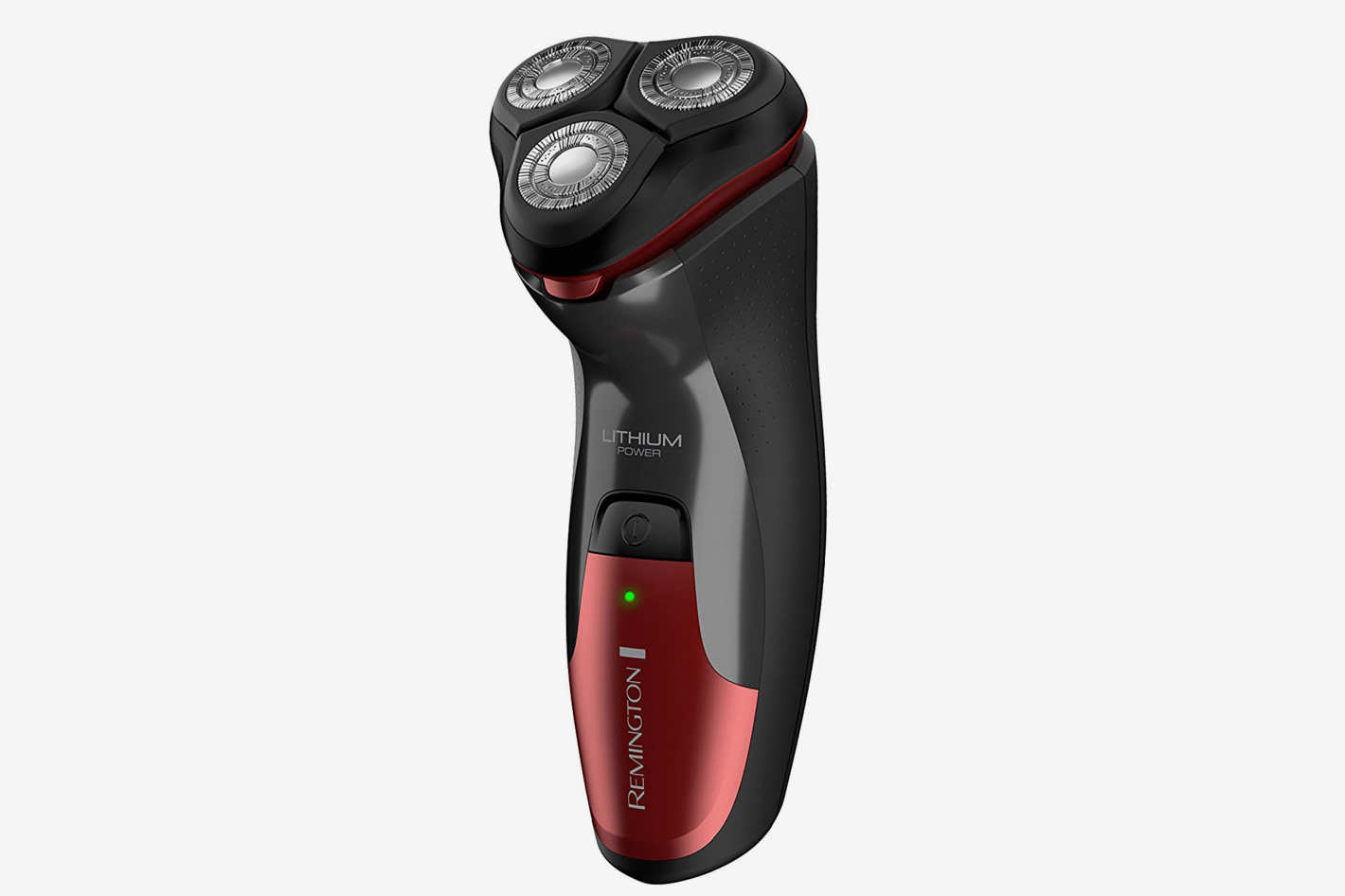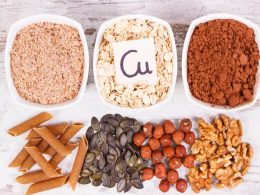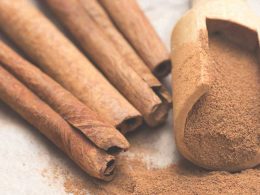Water is essential for good health and when you are exercising or when it’s too hot outside, you should drink enough water for your body to stay hydrated.
In addition, drinking the right amount of water prevents fatigue, controls hunger and regulates blood pressure. However, be warned that drinking too much water can be dangerous.
According to experts, when you consume too much of it in a short time, it causes the level of sodium or salt in your blood to drop leading to water intoxication, a life-threatening emergency which must be treated without delay to prevent serious complications.
So, what exactly is water intoxication?
Water intoxication is the disruption of brain function as a result of the consumption of excess water too fast. It can also be defined as a lowered concentration of sodium in the blood that results from drinking too much water without adequate sodium replacement.
Water intoxication is also referred in different ways such as hyperhydration, water poisoning, hyponatremia or excessive water intake. Don’t get confused as these terms mean the same thing; a serious health condition caused by an electrolyte imbalance.
Causes of water intoxication
According to studies, this condition is common in hospitalized patients and individuals with mental disturbances, although it can affect healthy people.
The following are some of the clinical situations that may cause water intoxication;
- Compulsive water drinking which is common in people suffering from mental illness
- Drinking lots of fluids and at the same time having increased antidiuretic hormone secretion that makes your kidney to hold onto water
- Healthy people may develop water poisoning as a result of heat-related injuries and consumption of too much water at once
- Abnormal kidney dysfunction/renal failure, gastroenteritis, or diabetes insipidus
- Water drinking contests where participants compete on who can consume too much water within a short time
- Taking illegal drugs such as MDMA
Symptoms
According to experts, water intoxication symptoms may start to appear after consuming more than 3-4L of water in just a few hours.
The following are potential symptoms;
- Nausea or vomiting
- Head pain, confusion, and disorientation
- Spasms, cramping or muscle weakness
- Drowsiness and fatigue
- Difficulty breathing
- Impaired mental state and symptoms of psychotic such as experiencing psychosis, delusions, delirium, and hallucinations
- Frequent urination
- Irregular heartbeats or changes in blood pressure
In severe cases, water poisoning may lead to seizures or unconsciousness. The person experiencing the above signs should seek treatment without delay failure to which, water intoxication can be fatal.
How much water is too much?
After reading about what water intoxication is and the signs to experience, you could be asking yourself how much is too much? Well, there is no specific answer to that question, but it would be wise to consider the amount of water you consume per hour, your overall health, gender, and age.
According to medical experts, a healthy adult’s kidney can flush out 20-28L of water daily but will only remove 1L successfully every hour. Therefore, when you drink a lot of water, for instance, more than 1L hourly, your kidneys might not be able to keep up.
Another thing you should keep in mind is that the kidneys of children and older adults are less efficient and the amount of water they should drink per hour should be below 1L.
Treatment
Water intoxication is preventable by drinking enough water as soon as you feel thirsty. After feeling quenched, you should stop drinking more water until you feel thirsty again.
However, if water intoxication occurs, treatment may involve;
- Vasopressin receptor antagonists
- Application of intravenous electrolysis
- Sodium correction therapy
- Gastric irrigation/stomach pumping or gastric lavage
- Diuretics to increase blood volume and urination
Bottom line
Water intoxication is simply a form of imbalance of electrolyte which is caused by too little sodium in the body compared to water. In most cases, it occurs when individual drinks more than 1.5L of water in an hour particularly if they have renal failure, diabetes, kidney damage or due to intense exercises.
Some of the symptoms associated with water intoxication include headaches, vomiting, nausea, disorientation, confusion and in severe cases, seizures, coma, brain damage as a result of swelling, and potentially death.
It is important for you to remain hydrated at all times, but you should drink water in the right proportions depending on how much sodium your body is losing, and this will prevent water intoxication.
As a golden rule, you should pay close attention to your thirst and eat a balanced diet.









